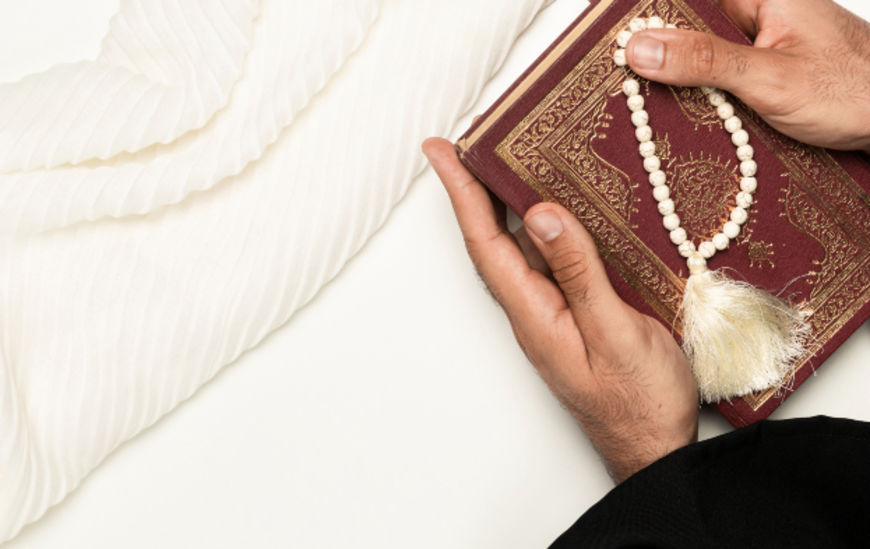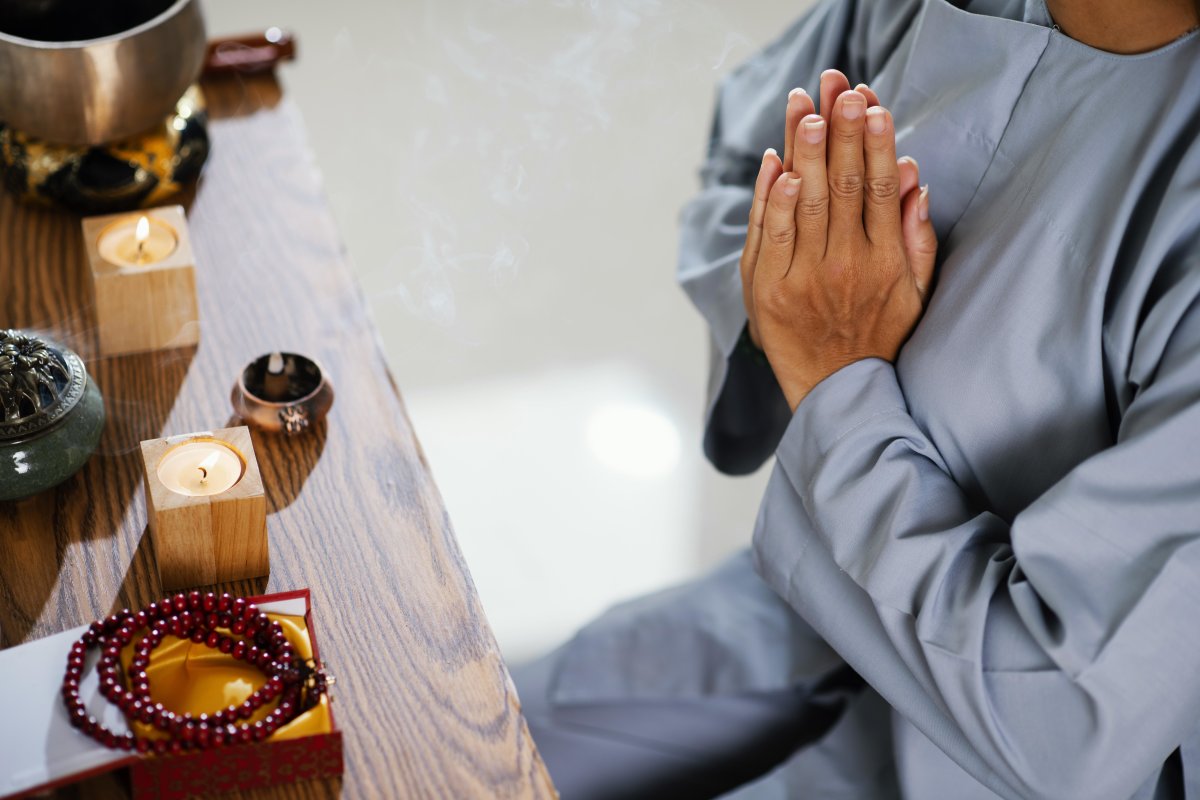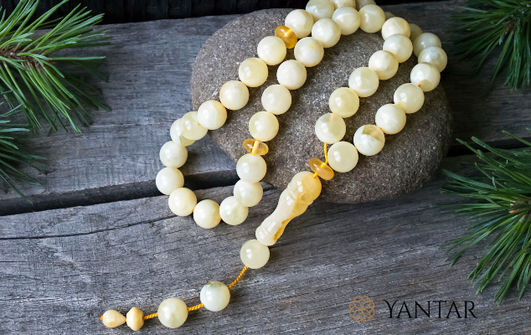
Prayer, or "Dua" in Arabic, holds a central place in the life of Muslims, serving as a profound expression of faith and a means of seeking divine assistance. Muslims around the world recite various Duas derived from the Quran and the Hadiths (sayings and practices of Prophet Muhammad). These prayers cover a wide range of human experiences, from seeking forgiveness to asking for guidance and provision. This article explores some of the most famous and beloved prayers among Muslims, presented in both Arabic and English.
1. Dua for Guidance and Righteousness
Arabic:
اللهم اهدنا فيمن هديت وعافنا فيمن عافيت وتولنا فيمن توليت
Transliteration:
Allahumma ihdina feeman hadayt, wa 'aafina feeman 'aafayt, wa tawallana feeman tawallayt.
English:
O Allah, guide us among those whom You have guided and grant us health among those whom You have granted health, and take us into Your care among those whom You have taken into Your care.
This prayer, often recited in the early morning or during times of difficulty, is a plea for divine guidance and well-being. It reflects a Muslim's reliance on Allah for direction and protection in life.
2. Dua for Forgiveness
Arabic:
رَبِّ اغْفِرْ لِي وَتُبْ عَلَيَّ إِنَّكَ أَنْتَ التَّوَّابُ الرَّحِيمُ
Transliteration:
Rabbi ighfir li wa tub 'alayya innaka anta at-Tawwabu ar-Raheem.
English:
My Lord, forgive me and accept my repentance. Indeed, You are the Accepting of repentance, the Merciful.
Seeking forgiveness is a fundamental aspect of Islamic practice. This Dua is a humble request for Allah's mercy and forgiveness, acknowledging human imperfections and the need for divine grace.
3. Dua for Provision and Sustenance
Arabic:
اللهم اكفني بحلالك عن حرامك وأغنني بفضلك عمن سواك
Transliteration:
Allahumma ikfini bihalalika 'an haramika wa aghnini bifadlika 'amman siwaka.
English:
O Allah, suffice me with what You have made lawful against what You have made unlawful and make me independent of all others besides You.
This prayer is often recited by those facing financial hardships or seeking lawful means of sustenance. It highlights the importance of seeking permissible (halal) provision and relying solely on Allah for sustenance.
4. Dua for Ease and Relief from Distress
Arabic:
اللهم لا سهل إلا ما جعلته سهلا، وأنت تجعل الحزن إذا شئت سهلا
Transliteration:
Allahumma la sahla illa ma ja'altahu sahla, wa anta taj'al al-hazna idha shi'ta sahla.
English:
O Allah, there is no ease except in that which You have made easy, and You make the difficult easy if it is Your Will.
This Dua is recited during times of hardship and distress, asking Allah to alleviate difficulties and bring ease to one's situation.
5. Dua for Protection from Harm
Arabic:
بِسْمِ اللَّهِ الَّذِي لَا يَضُرُّ مَعَ اسْمِهِ شَيْءٌ فِي الْأَرْضِ وَلَا فِي السَّمَاءِ وَهُوَ السَّمِيعُ الْعَلِيمُ
Transliteration:
Bismillahilladhi la yadurru ma'asmihi shay'un fil ardi wa la fis-sama'i wa huwa as-Sami' ul-'Aleem.
English:
In the name of Allah, with whose name nothing in the earth or the heavens can cause harm, and He is the All-Hearing, the All-Knowing.
This powerful prayer is often recited for protection against harm and evil, affirming the belief that Allah's name alone is sufficient to ward off any danger.
6. Dua for Gratitude
Arabic:
الْحَمْدُ لِلَّهِ الَّذِي عَافَانِي مِمَّا ابْتَلَاكَ بِهِ وَفَضَّلَنِي عَلَى كَثِيرٍ مِمَّنْ خَلَقَ تَفْضِيلًا
Transliteration:
Alhamdulillahilladhi 'aafani mimma abtalaaka bihi wa faddalani 'ala katheerin mimman khalaqa tafdeela.
English:
Praise be to Allah who has spared me from what He has afflicted you with and has preferred me greatly over many of those He has created.
This prayer expresses gratitude to Allah for His blessings and protection from trials and afflictions, fostering a sense of thankfulness and humility.
7. Dua for Seeking Good in This Life and the Hereafter
Arabic:
رَبَّنَا آتِنَا فِي الدُّنْيَا حَسَنَةً وَفِي الْآخِرَةِ حَسَنَةً وَقِنَا عَذَابَ النَّارِ
Transliteration:
Rabbana atina fid-dunya hasanatan wa fil-akhirati hasanatan waqina 'adhab an-nar.
English:
Our Lord, give us in this world that which is good and in the Hereafter that which is good, and protect us from the punishment of the Fire.
This comprehensive prayer seeks the best of both worlds – the blessings of this life and the eternal rewards of the hereafter – and protection from the punishment of Hell.
8. Dua for Knowledge
Arabic:
رَبِّ زِدْنِي عِلْمًا
Transliteration:
Rabbi zidni ilma.
English:
My Lord, increase me in knowledge.
A succinct but profound prayer, this is recited by those seeking to increase their understanding and wisdom, emphasizing the importance of knowledge in Islam.
9. Dua for the Deceased
Arabic:
اللَّهُمَّ اغْفِرْ لَهُ وَارْحَمْهُ وَعَافِهِ وَاعْفُ عَنْهُ
Transliteration:
Allahumma ighfir lahu warhamhu wa'aafihi wa'fu 'anhu.
English:
O Allah, forgive him, have mercy on him, grant him respite, and pardon him.
This prayer is recited for those who have passed away, asking Allah for their forgiveness and mercy in the afterlife.
10. Dua for Patience
Arabic:
رَبِّ اشْرَحْ لِي صَدْرِي وَيَسِّرْ لِي أَمْرِي
Transliteration:
Rabbi ishrah li sadri wa yassir li amri.
English:
My Lord, expand my chest and ease my task for me.
This prayer, asking for patience and ease in fulfilling one's duties, is often recited by those facing challenges or important tasks.
The use of rosaries in prayers
Amber rosaries, also known as tasbih or misbaha, are often used as an auxiliary tool in prayer among Muslims. They consist of beads made from amber, a fossilized resin known for its warm color and organic feel. The material from which these rosaries are made holds significance for several reasons.
Firstly, the use of natural materials like amber in prayer tools is seen as a way to connect with the Earth and its elements, reflecting the Islamic principle of stewardship over the environment. Amber's origins in nature imbue it with a sense of purity and simplicity, qualities that align with the spiritual intentions of prayer.
Secondly, the tactile sensation of handling amber beads can enhance the prayer experience. The smooth texture and warmth of the material provide a comforting and grounding feeling, aiding in concentration and mindfulness during recitation.
Additionally, in Islamic tradition, certain natural materials are believed to possess inherent spiritual properties or blessings. While there may not be explicit religious significance attributed to amber specifically, its use in prayer can be seen as a way to incorporate the blessings of natural elements into spiritual practice.
Moreover, the aesthetic beauty of amber adds to the reverence and sanctity of the prayer ritual. Its rich color and unique patterns serve as a reminder of the diversity and beauty of creation, prompting contemplation and gratitude towards the Creator.
Overall, the material from which amber rosaries are made plays a significant role in enhancing the prayer experience for Muslims, fostering a deeper connection to nature, spirituality, and the divine during moments of devotion and supplication.
In conclusion, prayers, or Duas, hold immense significance in the lives of Muslims, serving as a profound means of expressing faith, seeking guidance, and finding solace in divine assistance. The ten prayers highlighted in this article encapsulate the breadth of human experiences, from seeking forgiveness and guidance to expressing gratitude and seeking protection.
Additionally, the use of auxiliary tools like amber rosaries further enriches the prayer experience, offering a tangible connection to nature and enhancing mindfulness during recitation. The choice of natural materials like amber reflects the Islamic principle of stewardship over the environment while adding aesthetic beauty and spiritual depth to the ritual of prayer.
Ultimately, these prayers and the use of rosaries underscore the profound connection between the individual believer and the divine, fostering a life of faith, humility, and reliance on Allah's grace. They serve as a timeless reminder of the power of supplication and the enduring strength found in seeking guidance and solace through prayer.





 Jewelry
Jewelry Silver amber jewelry
Silver amber jewelry Amber pictures
Amber pictures Souvenirs
Souvenirs